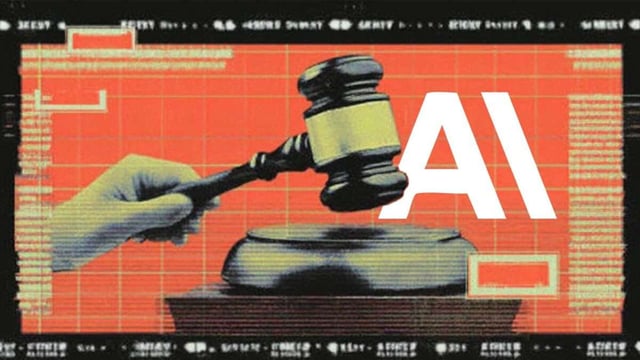Overview
- Federal Judge Vince Chhabria ruled that training Meta’s LLaMA model on books by 13 authors constituted a transformative fair use and granted summary judgment for Meta.
- The ruling follows a similar victory for Anthropic and applies only to the specific plaintiffs, falling short of a universal precedent for AI training on copyrighted works.
- The court found no evidence that Meta’s AI training harmed book sales or diluted the market for the authors’ works, a key factor in fair use analysis.
- Separate lawsuits from The New York Times against OpenAI and Microsoft and from Disney and Universal against Midjourney illustrate ongoing uncertainty over AI copyright liability.
- While U.S. courts resolve individual cases, European regulators are moving ahead with rules requiring AI firms to disclose training data and offer rights holders opt-out options.



